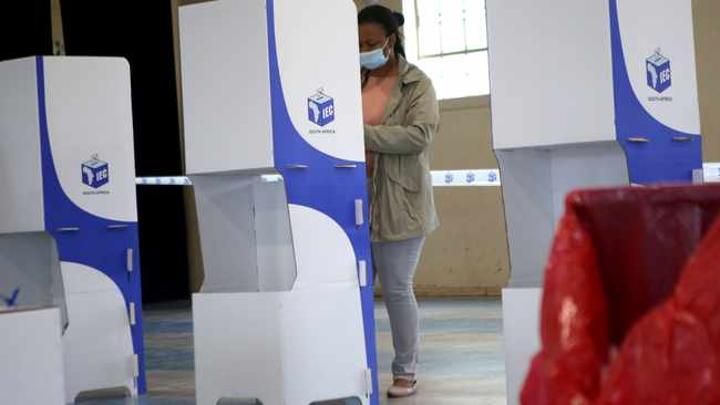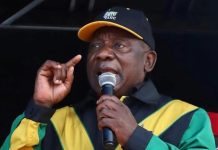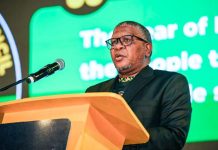Africa-Press – South-Africa. By Gcina Mtengwane
Voter apathy has been diagnosed as part of the reason for the low voter turnout in the 2021 local government elections. The turnout was the lowest since democracy the dawn of democracy, with only about 12 million (46%) of about 26 million registered voters casting ballots.
Apathy among voters in representative democracies is defined as a lack of interest in voting. Some choose to view the apathy as a threat to democracy. But that might not be the case, as some would like to put it. Instead, it might reflect the evolution of South Africa’s democracy and the expansion of choices available to South Africans outside the voting principle commonly used to define democracy.
While I am inclined to agree with the view that this voter apathy has some messaging on the state of South Africa’s democracy, I argue that it is only a small part of the big picture. Democracy is, among many other things, the freedom to make choices. One of the permissible choices is the right not to vote. Defining the success or failure of democracy by voting is restricting and problematic.
Local government is mainly about addressing issues and challenges in our daily lives. It does not require much of an overly ideological stance. Put simply, a community member at an informal settlement or village does not need to know the works of Marx, Fanon and Biko to know that they do not have a road, potable water, or ablution facilities. It takes building materials, not political slogans or party ideology, to build a house for those without houses or to provide food for the hungry.
What is more interesting has been the activism of young people outside the banner of political parties. Young people are engaged in issues that affect them in their daily lives. They are also engaged in lending a helping hand to others. They are doing this outside formal party politics.
The writings of Adam Prezowski (2003) identify “autonomy” as the ability to participate in the making of collective decisions, which is a paltry notion of freedom. Prezowski asks whether democrats should value the freedom to choose. He further asks whether people value facing distinct choices when they make collective decisions. In the absence of concrete answers to the questions, Prezowski comments that “true” democrats must be prepared that their preferences might not be realised as the outcome of the collective choice.
When many people cannot vote for what they most desire, democracy suffers. The low voter turnout may indicate that none of the political parties offered what most South Africans desire, hence they see no impetus to vote.
Democracy is about the expansion of opportunities and choices. Choosing not to vote does not necessarily reflect badly on our democracy. Instead, it speaks positively on the freedom of citizens to choose other arenas through which to have their issues heard. It is the freedom to decide on the relevance or lack thereof of the formal party-political system.
The choice not to part take in party politics has allowed young people such as Lonalinamandla Bawuti to respond to the plight of a boy from the Eastern Cape living with his grandmother who needed support to go to initiation school. Bawuti appealed for assistance from South Africans to get the youngster to initiation school.
It is the freedom of a group of businesspeople putting money together to create boreholes for a community without access to potable water. It is Nasizo Mndende, a young social work graduate in the Eastern Cape seeing the plight of rural girls and starting an NGO to educate on sexual and reproductive health rights. It is young people creating crowdfunding for students in need of university registration fees and for students wanting to go to university.
It is many others doing what they can with what they have and their influence contributing to change in communities.
The point I am making is that democracy is more than just voting. It is the expansion of self-determination opportunities. Low voter turnout may not be such a disastrous thing after all. This is because a lot of young people are contributing to making a better South Africa outside the confines of political party membership.
*Mtengwane is a lecturer in the Community Development Programme at the University of the Free State.
** The views expressed here are not necessarily those of IOL and Independent Media.
For More News And Analysis About South-Africa Follow Africa-Press






